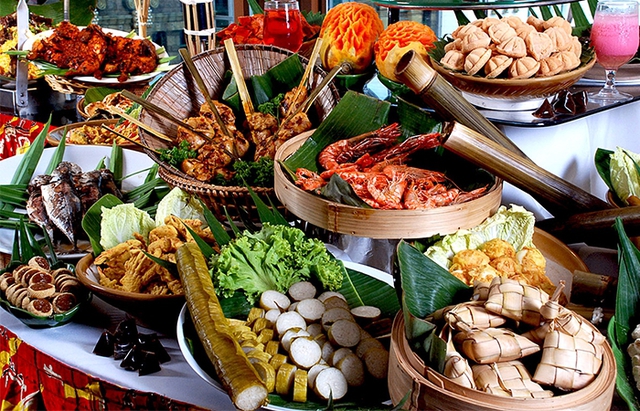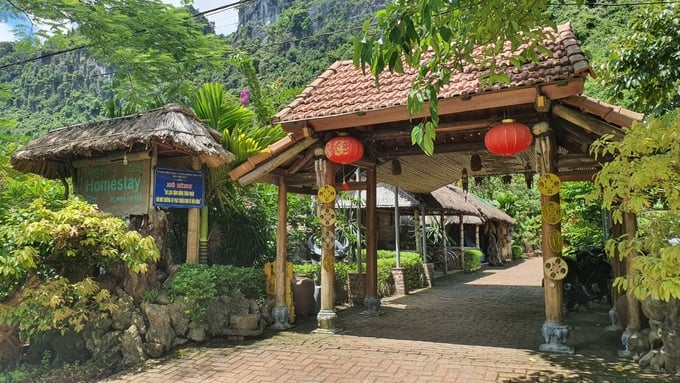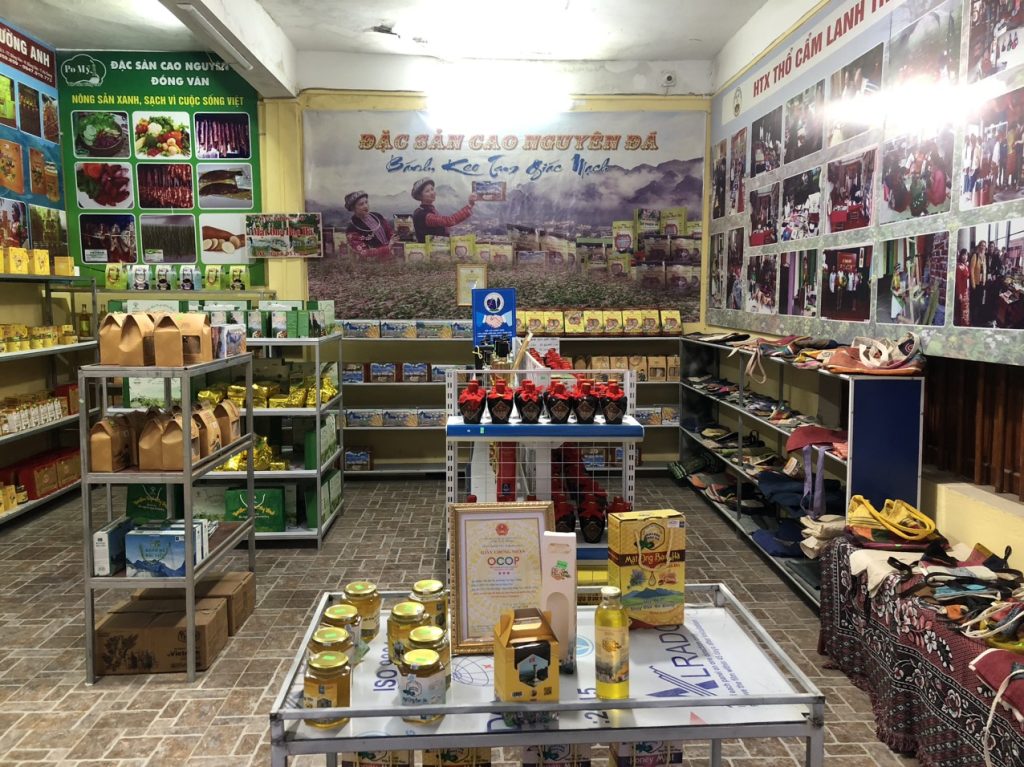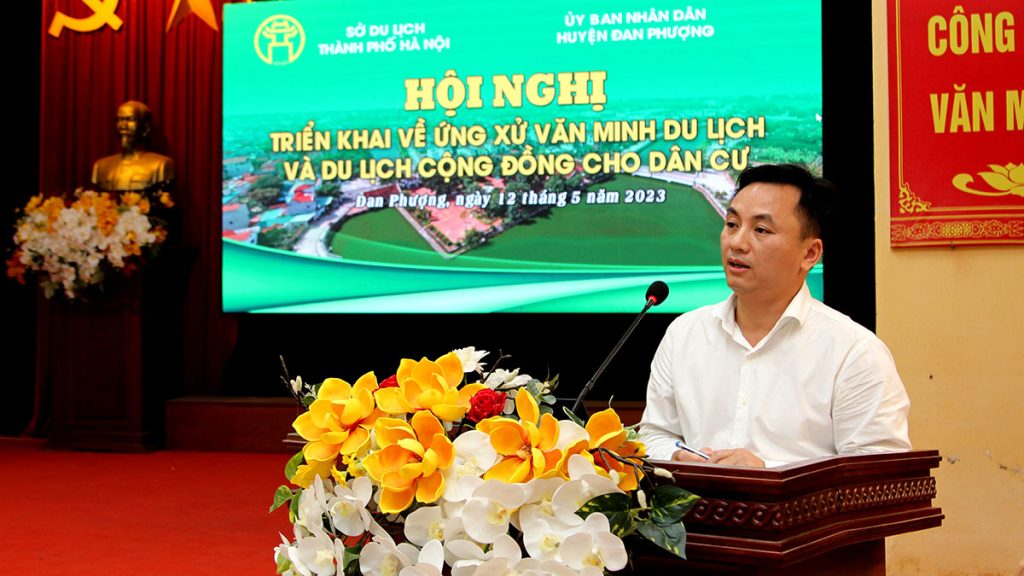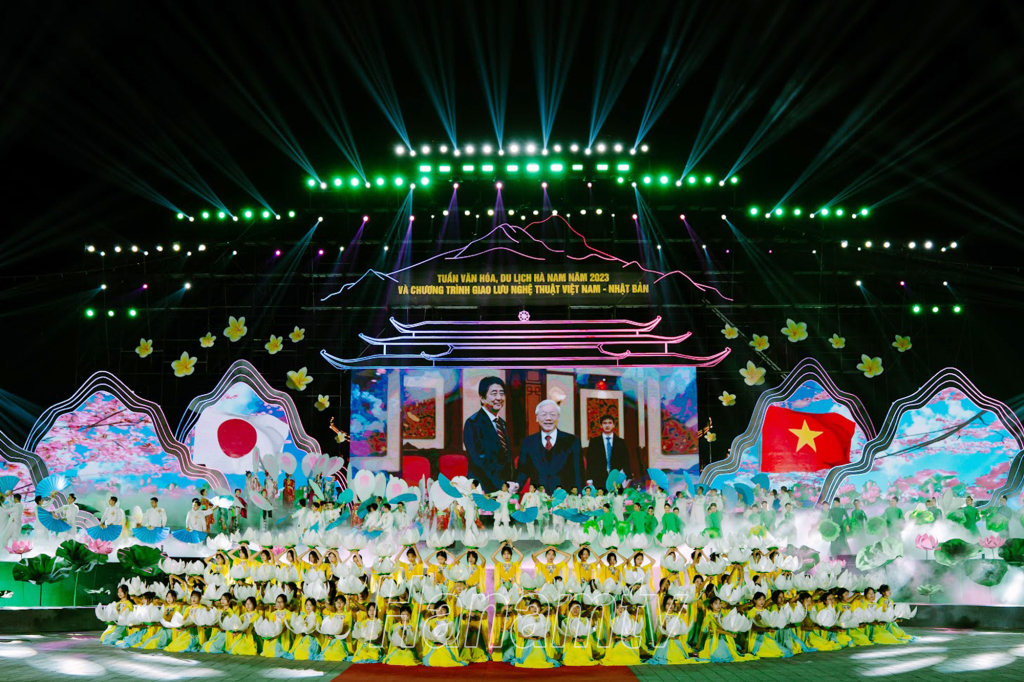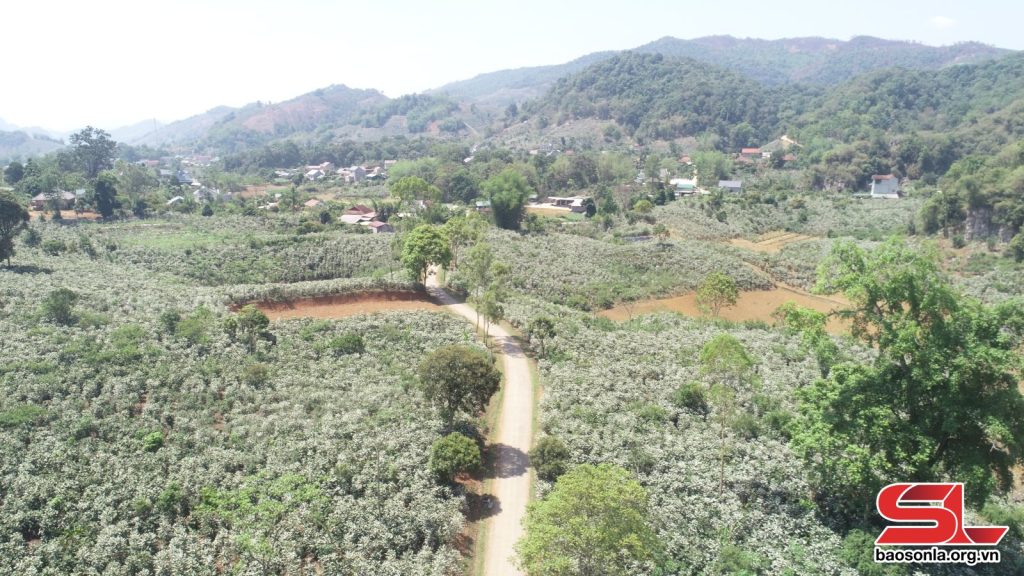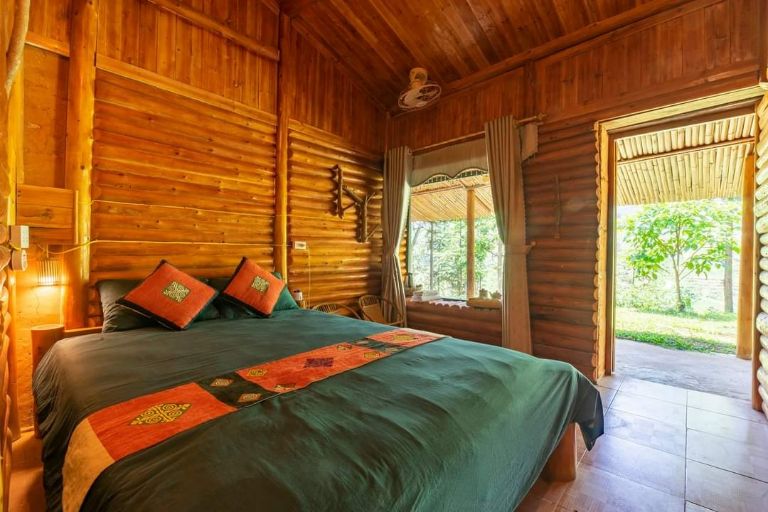(TITC) – Dak Lak, formerly known for its expansive coffee plantations, fertile agricultural lands, distinctive highland climate, and vibrant ethnic cultures, is entering a new chapter. The merger with neighboring Phu Yen has created Dak Lak (new) – a unique province that blends the majestic beauty of the Central Highlands with the abundant charm of the coastal region.
This harmonious fusion opens up vast potential for the development of agrotourism – a model that combines agricultural production with tourism experiences.
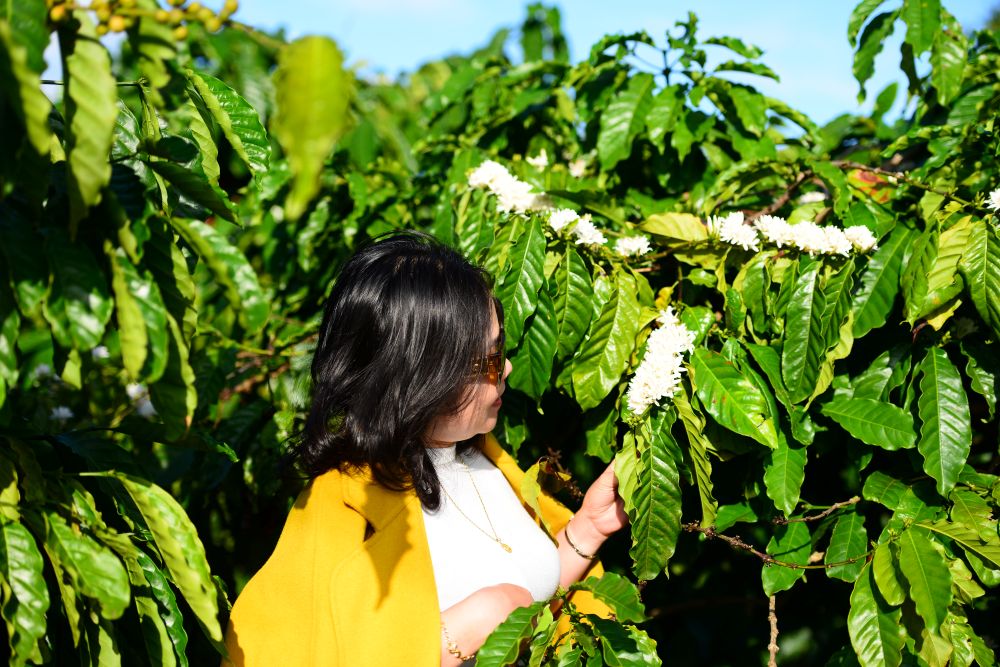
Diverse and Authentic Agricultural Experiences
Thanks to its fertile red basalt soil and temperate climate, Dak Lak is ideal for cultivating a wide variety of crops, particularly coffee, pepper, avocado, durian, and other specialty fruits. Thousands of hectares of farms in areas like Cu M’gar, Krong Nang, and Buon Don are not only vital sources of income but also promising destinations for agricultural tourism.
Visitting coffee farm. Photo: TITC
Many farms now welcome visitors to explore the cultivation and harvesting process firsthand, while enjoying fresh products directly from the garden.
For instance, on a coffee farm tour in Cu M’gar, tourists can hand-pick ripe coffee cherries, learn about traditional processing techniques, and savor a cup of pure, aromatic coffee in a setting steeped in Central Highlands culture. Other popular destinations include Booth avocado and Ri6 durian orchards in Krong Pak, and honeybee farms in Buon Don, which are especially attractive during harvest seasons.
Some households and businesses have also developed farmstay models, allowing guests to stay on working farms while enjoying activities such as forest trekking, cycling, and traditional cooking classes. These experiences appeal particularly to young travelers and eco-conscious tourists seeking authentic, green lifestyles and deeper cultural connections.
From Highlands to Coast: A Rich, Varied Landscape
In the eastern region of the province, where the highlands meet the sea, Dak Lak reveals another facet of its charm. The tranquil beauty of lush coastal rice fields, serene lagoons like O Loan, and a blend of wild nature and simple, local life.
In Song Cau ward, verdant coconut groves offer hands – on experiences such as picking coconuts, drinking fresh coconut water, and learning how to make traditional coconut oil – a craft deeply rooted in local heritage. These engaging and educational activities reflect a genuine and accessible agrotourism model, where visitors not only unwind in nature but also connect with rural communities.
O Loan Lagoon. Source: Internet
Strategic Vision for Sustainable Development
To unlock the full potential of agrotourism, Dak Lak province supported for both residents and businesses. These include training in tourism services, developing OCOP (One Commune One Product) and advancing digital tourism platforms. Several areas have already begun integrating agriculture with tourism, aiming to build sustainable value chains.
However, experts emphasize that for agrotourism to thrive, it requires strong collaboration among farmers, investors, and local authorities. In addition, there must be a focus on environmental preservation, cultural heritage protection, and maintaining high-quality visitor experiences.
Agrotourism represents a promising path forward for Dak Lak, enhancing the value of agricultural products, increasing local incomes, and driving inclusive rural development. With strategic investment and creative approaches, Dak Lak is well on its way to transforming its vast fields and gardens into vibrant green destinations on the Vietnamese tourism map.
Tourism Information Technology Center

